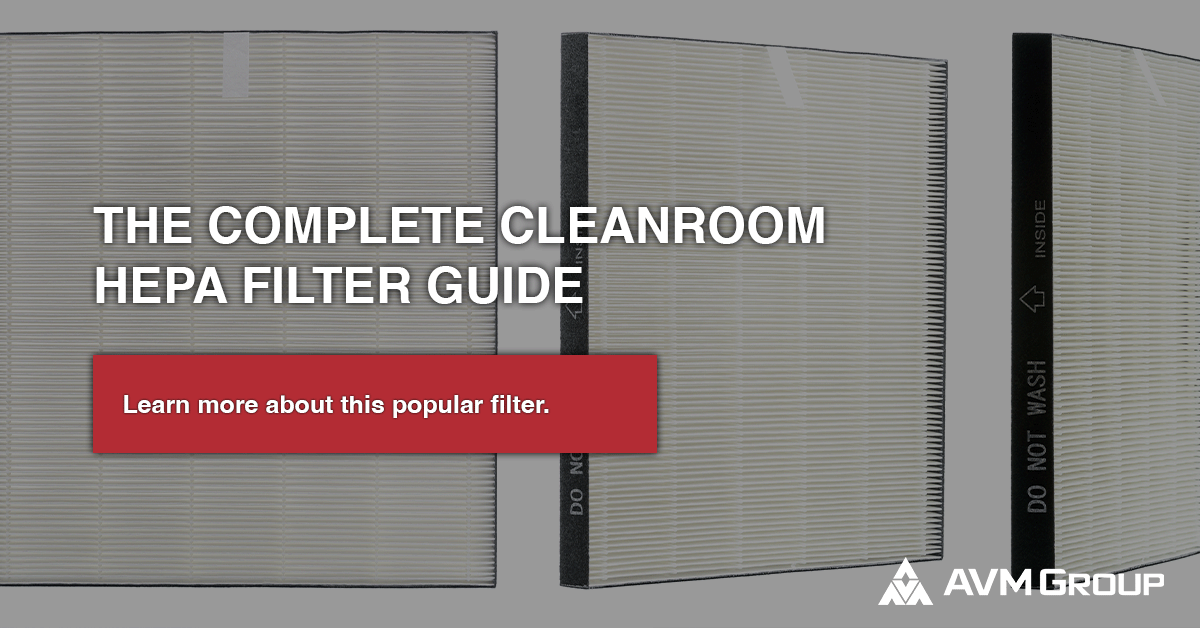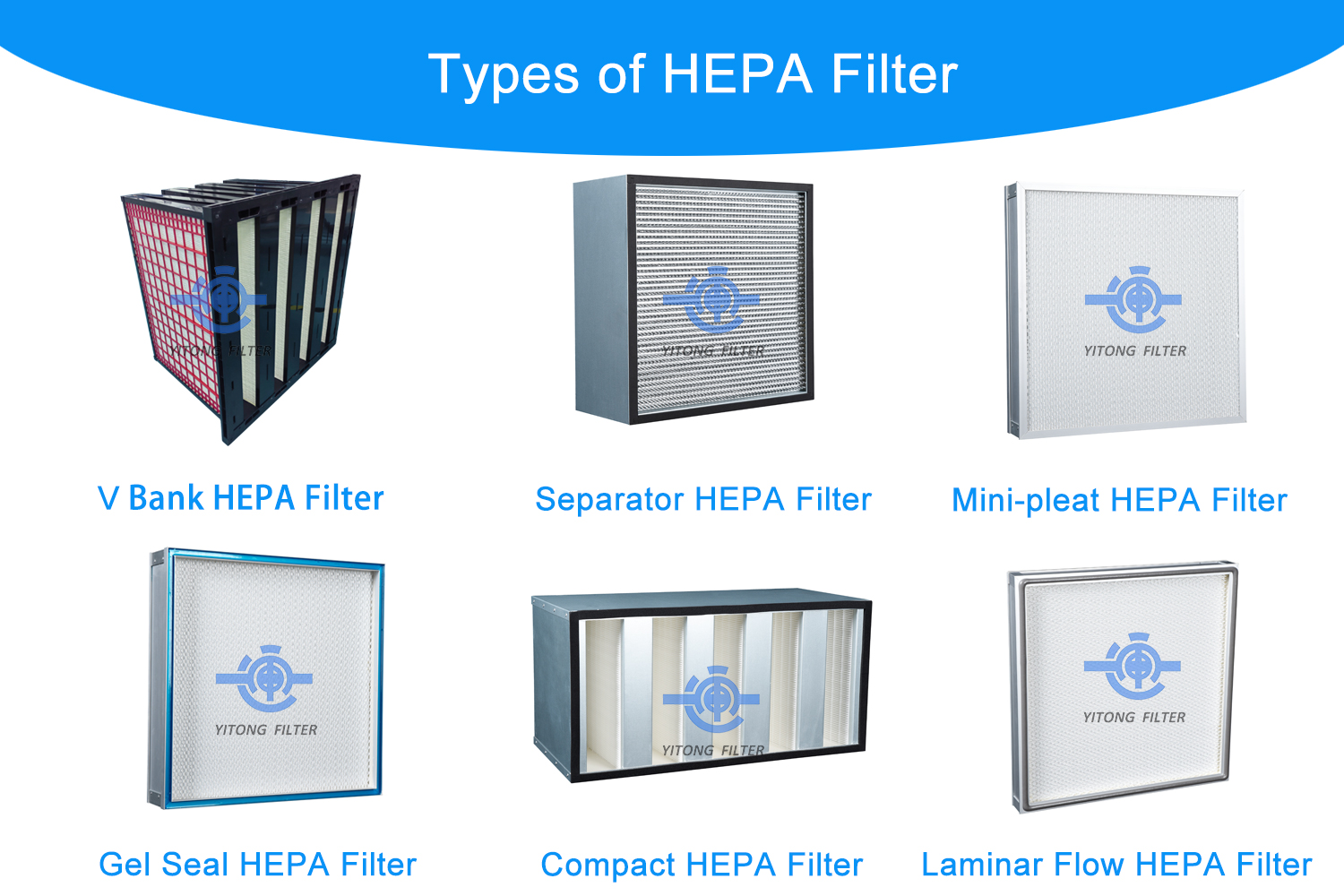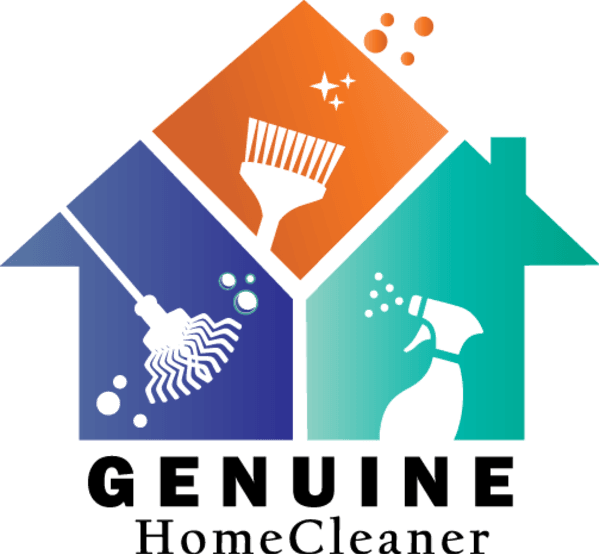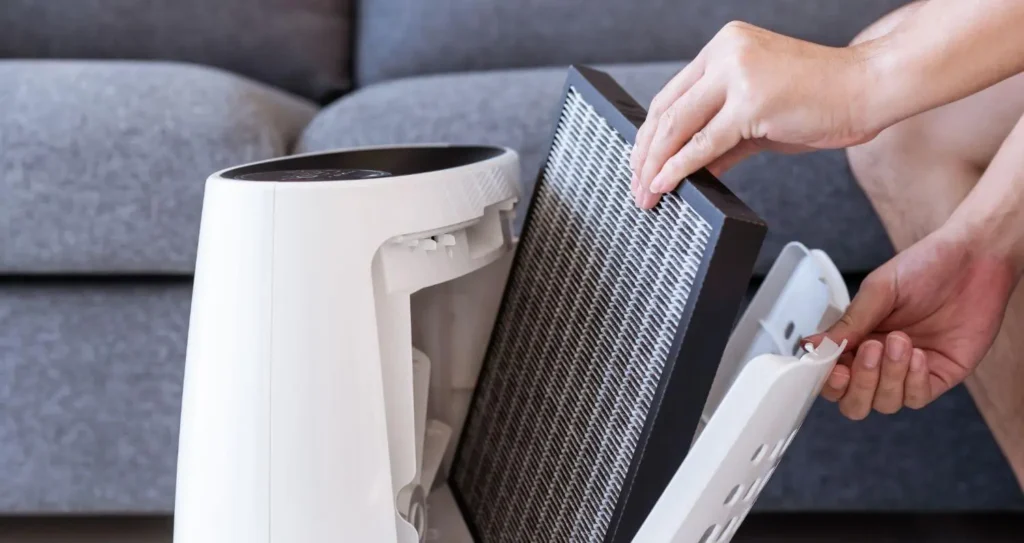HEPA filtration is a method to remove particles from the air. It uses a special filter to trap tiny pollutants.
Wondering how this works and why it matters? HEPA stands for High-Efficiency Particulate Air. These filters are designed to catch dust, pollen, mold, bacteria, and other airborne particles. They are essential in places needing clean air, like hospitals and labs.
HEPA filters can even improve air quality in homes. This guide will explain everything you need to know about HEPA filtration. We’ll cover its benefits, how it works, and why it’s important for your health. Stay with us to learn more about this vital technology.

Credit: avmgroup.com
Introduction To Hepa Filtration
HEPA filtration is a game-changer in the quest for clean air. But what exactly is it, and why should you care? HEPA, which stands for High-Efficiency Particulate Air, is a type of filter that can capture tiny particles you can’t even see. It’s your secret weapon in battling allergens, dust, and pollutants.
Importance Of Clean Air
Clean air is vital for your health. It helps you breathe easier and reduces the risk of respiratory issues. If you or your loved ones suffer from allergies, clean air can make a significant difference in your quality of life.
Think about the last time you had a cold and struggled to breathe. Now, imagine living like that every day due to polluted air. Not fun, right? That’s why having a good air filtration system is crucial.
History Of Hepa Filters
HEPA filters have an interesting backstory. They were developed during World War II to remove radioactive particles from the air. This technology was a lifesaver for scientists working on the Manhattan Project.
Fast forward to today, and HEPA filters are used in homes, hospitals, and even airplanes. Their ability to trap 99.97% of particles as small as 0.3 microns makes them incredibly effective. Imagine capturing something so tiny – that’s the power of HEPA.
So, the next time you’re thinking about improving your indoor air quality, remember the importance of HEPA filtration. It’s not just a filter; it’s a health investment.
How Hepa Filters Work
HEPA filters trap tiny particles from the air, improving air quality. These filters capture dust, pollen, and smoke, making environments cleaner and healthier.
HEPA filters are essential for clean air. They capture harmful particles and improve air quality. Understanding their function helps you appreciate their value.Filtration Mechanisms
HEPA filters use various filtration mechanisms. The first is direct interception. Particles in the air collide with fibers and get trapped. Next is inertial impaction. Larger particles can’t follow the airflow. They crash into fibers and stay there.The third mechanism is diffusion. Tiny particles move randomly. They bump into fibers and stick. These mechanisms together ensure the filter captures particles of different sizes.Particle Capture Efficiency
HEPA filters are highly efficient. They capture particles as small as 0.3 microns. This includes pollen, dust, and smoke. The filter’s efficiency is about 99.97%. Only a few particles escape.This high efficiency makes HEPA filters reliable. They are trusted for clean rooms and hospitals. Many homes use them too. They ensure your air is clean and safe.“`Types Of Hepa Filters
HEPA filters are essential for maintaining clean and healthy air in your home or workplace. However, not all HEPA filters are created equal. Understanding the different types can help you make an informed decision about which one is right for your needs. Let’s delve into the specifics.
True Hepa Vs. Hepa-type
If you’ve ever shopped for an air purifier, you’ve likely come across terms like “True HEPA” and “HEPA-type.” These terms can be confusing, but they refer to different levels of filtration.
True HEPA filters are the gold standard. They must meet strict standards set by the United States Department of Energy. True HEPA filters capture at least 99.97% of particles as small as 0.3 microns. This includes dust, pollen, mold, and even some bacteria and viruses. If you or a loved one suffers from allergies or asthma, a True HEPA filter can make a significant difference in air quality.
HEPA-type filters, on the other hand, are less stringent. They capture fewer particles and are less effective than True HEPA filters. While they may still improve air quality, they won’t offer the same level of protection. If you’re looking for the best air purification, it’s worth investing in a True HEPA filter.
Hepa Classifications
HEPA filters are also classified into different grades based on their efficiency. These classifications help you understand the performance level of the filter you are considering.
HEPA filters range from H10 to H14, with H14 being the most efficient. An H10 filter captures about 85% of particles, while an H14 filter captures 99.995%. If you need a high level of air purity, such as in a medical setting, an H14 filter is ideal.
Another classification to be aware of is the ULPA filter, or Ultra-Low Penetration Air filter. These filters capture 99.999% of particles as small as 0.12 microns. While they offer superior filtration, they are more expensive and may not be necessary for everyday home use.
When choosing a HEPA filter, consider your specific needs. Are you dealing with severe allergies? Do you need to maintain a sterile environment? Understanding the classifications will help you make the right choice.
Have you had any experiences with HEPA filters? How did it impact your air quality? Share your thoughts in the comments below!
.webp?width=900&height=450&name=Blog%20Image%20(2).webp)
Credit: www.hepacart.com
Benefits Of Hepa Filtration
HEPA filtration is an essential feature in air purifiers and vacuum cleaners. It stands for High-Efficiency Particulate Air, and it filters out a vast range of pollutants. The benefits of HEPA filtration are numerous and impactful on your health and the environment.
Health Benefits
HEPA filters trap particles that can affect your health. These include dust, pollen, mold, and bacteria. By removing these, HEPA filters help reduce allergies and respiratory issues.
Imagine breathing in cleaner air every day. You’ll notice fewer allergy symptoms, less coughing, and better sleep. HEPA filtration can be a game-changer for anyone with asthma or other respiratory conditions.
Have you ever felt the difference in air quality after cleaning with a HEPA vacuum? The absence of dust and allergens can be profound. HEPA filters ensure that you and your family breathe healthier air.
Environmental Impact
HEPA filtration also has a positive impact on the environment. By capturing pollutants, these filters prevent harmful particles from circulating. This means fewer contaminants end up in the air outside your home.
Think about how much cleaner your surroundings can be. With HEPA filters, you’re contributing to a decrease in air pollution. Cleaner air means a healthier environment for everyone.
HEPA filters are often used in industrial settings for this very reason. They help maintain cleaner environments and reduce the ecological footprint. What steps can you take to incorporate HEPA filtration in your daily life for a greener planet?
Incorporating HEPA filtration into your home or workplace is a simple yet effective way to improve health and environmental quality. Consider adding HEPA-equipped devices to your cleaning arsenal. The benefits are clear and immediate.
Applications Of Hepa Filters
HEPA filters are used in various settings. They play a crucial role in maintaining clean air. Let’s explore some common applications of HEPA filters.
Residential Use
Many homes have HEPA filters in their HVAC systems. These filters trap dust, pollen, and pet dander. They help reduce allergens in the air. HEPA filters are also found in vacuum cleaners. This ensures that dust and particles do not re-enter the home. Air purifiers with HEPA filters are popular. They can improve indoor air quality significantly.
Industrial And Commercial Use
Factories and warehouses often use HEPA filters. These filters capture fine particles from the air. This helps protect both equipment and workers. In hospitals, HEPA filters are vital. They prevent the spread of airborne diseases. Laboratories use HEPA filters to maintain clean environments. This is important for research and production. Cleanrooms, where electronics are made, also rely on HEPA filters. They keep tiny particles from damaging sensitive components.

Credit: www.yitong-filter.com
Choosing The Right Hepa Filter
HEPA filtration captures tiny particles, ensuring cleaner air. Choosing the right HEPA filter depends on your specific needs and air quality concerns. Learn more about HEPA filters and how they work to improve indoor air quality.
Choosing the right HEPA filter can be a game-changer for your home or office environment. You want to make sure you’re getting the best air quality possible, and that means picking the right filter. But how do you know which one is right for you? Let’s break it down.###Factors To Consider
When choosing a HEPA filter, several factors come into play.First, consider the size of the room. A small filter might work for a bedroom, but you’ll need something more powerful for a living room or office space.Second, look at the filter’s efficiency. True HEPA filters capture 99.97% of particles that are 0.3 microns in size. Make sure the filter you choose meets this standard.Third, think about maintenance. Some filters need to be replaced frequently, while others can be cleaned and reused. Consider how much time and money you’re willing to invest in upkeep.Finally, consider noise level. Some HEPA filters are quiet, while others can be quite loud. If you’re sensitive to noise, this is an important factor.###Top Brands And Models
Several brands are known for their high-quality HEPA filters.Dyson is a popular choice. Their filters are efficient and come with additional features like air quality sensors and auto-adjusting fan speeds.Another great brand is Honeywell. They offer a range of models that are both effective and affordable. Their filters are also widely available, making replacements easy to find.Levoit is another brand to consider. They offer compact models that are perfect for smaller spaces. Their filters are also known for being very quiet, which is great for bedrooms and offices.Blueair is known for its high-end models. Their filters are incredibly efficient and come with smart features like app control and air quality indicators.###Practical Tips
When choosing a HEPA filter, always check customer reviews. Real-world experiences can give you insight into how well a filter performs over time.Also, don’t forget to measure your space. Knowing the square footage of the room will help you choose the right size filter.Lastly, set a budget. HEPA filters come in a range of prices, so knowing what you’re willing to spend can help narrow down your choices.Choosing the right HEPA filter doesn’t have to be overwhelming. By considering these factors and looking at top brands and models, you can find a filter that meets your needs and ensures clean, healthy air in your space.What are your top priorities when choosing a HEPA filter? Share your thoughts in the comments below!Maintenance And Care
HEPA filtration captures 99. 97% of particles as small as 0. 3 microns. Regular maintenance ensures optimal performance. Clean or replace filters as recommended.
Maintaining and caring for your HEPA filter is crucial to ensure it works efficiently and lasts longer. Regular upkeep not only enhances air quality but also saves you money in the long run. Let’s dive into practical ways to keep your HEPA filter in top shape.Cleaning And Replacing Filters
Most HEPA filters are not washable. Cleaning should be done with care to avoid damaging the filter. Use a vacuum cleaner to gently remove dust and debris from the surface.Replace the filter as per the manufacturer’s instructions. Usually, this is every 6 to 12 months. Mark your calendar to remind yourself of the replacement date.If you have pets or live in a high-pollution area, check the filter more frequently. Your filter might need to be replaced sooner.Extending Filter Life
To extend the life of your HEPA filter, keep the surrounding areas clean. Regularly dust and vacuum your home to reduce the amount of particles entering the filter.Consider using a pre-filter. This can capture larger particles and extend the HEPA filter’s life. Pre-filters are often washable and reusable.Run your air purifier on a lower setting. This can slow down the rate at which the filter accumulates particles, extending its lifespan.By taking these simple steps, you can ensure your HEPA filter remains effective and durable. Do you have any other tips for maintaining HEPA filters? Share your thoughts in the comments below!Common Myths And Misconceptions
HEPA filtration is a popular topic, but with popularity comes misinformation. Many people have misunderstandings about how HEPA filters work and what they can do. Let’s debunk some of these common myths and misconceptions.
Debunking Myths
One common myth is that all HEPA filters are the same. This is not true. While HEPA filters must meet specific standards, their quality can vary. Always check the specifications before purchasing.
Another misconception is that HEPA filters can remove all pollutants. HEPA filters are highly effective, but they cannot capture every single particle. They are designed to trap 99.97% of particles that are 0.3 microns or larger. Smaller particles may still pass through.
Some people believe that once a HEPA filter is installed, it will last forever. This is false. HEPA filters need regular replacement. Their efficiency decreases over time as they collect more particles. Always follow the manufacturer’s guidelines for replacement.
Faqs On Hepa Filtration
Q: Can HEPA filters remove viruses?
A: HEPA filters can capture some viruses, but not all. Viruses vary in size. Some may be small enough to pass through the filter.
Q: Do I need a HEPA filter if I have allergies?
A: Yes, HEPA filters can help reduce allergens like pollen, pet dander, and dust mites. This can make a noticeable difference in your indoor air quality.
Q: Are HEPA filters noisy?
A: The filter itself does not make noise, but the air purifier or vacuum using the filter might. Look for models specifically designed to operate quietly if noise is a concern.
Have you ever fallen for any of these myths? Understanding the true capabilities and limitations of HEPA filters can help you make informed decisions about your indoor air quality. What other questions do you have about HEPA filtration?
Future Of Hepa Filtration
HEPA filtration captures tiny particles from the air, providing cleaner breathing environments. It uses a fine mesh to trap pollutants, ensuring high air quality. Future advancements may enhance efficiency and accessibility.
The future of HEPA filtration is an exciting topic. Imagine breathing cleaner air thanks to the latest technological advancements. Innovations in this field promise not just improved air quality but also smarter and more efficient ways of achieving it. Let’s dive into what the future holds for HEPA filtration.Technological Advancements
Technological advancements in HEPA filtration are quite impressive. New materials are being developed to capture even smaller particles. This means your air could be cleaner than ever before.Smart technology is making its way into HEPA filters. These smart filters can alert you when they need to be changed. They can even adjust their settings based on the air quality in your home.Integration with other smart home devices is also on the rise. Imagine your HEPA filter working in tandem with your HVAC system for optimal air quality.Emerging Trends
Let’s talk about the emerging trends in HEPA filtration. One interesting trend is the use of sustainable materials. This is not only good for the environment but can also enhance the filter’s efficiency.Portable HEPA filters are becoming more popular. These compact devices can be used in cars, offices, or any small space where you need cleaner air.Customization is another trend to watch. Future HEPA filters could be tailored to your specific needs. Whether you have allergies, pets, or live in a high-pollution area, there could be a filter designed just for you.Have you ever thought about how a HEPA filter might evolve in the next decade? The possibilities are endless and exciting.What do you think the next big breakthrough in HEPA filtration will be? Share your thoughts in the comments below.Frequently Asked Questions
What Are The Guidelines For Hepa Filters?
HEPA filters must meet strict standards, trapping 99. 97% of particles down to 0. 3 microns. Replace filters regularly for optimal performance. Check compatibility with your device. Ensure proper installation to avoid air leaks. Follow manufacturer guidelines for maintenance and replacement.
What Does Hepa Filtration Do?
HEPA filtration captures 99. 97% of particles as small as 0. 3 microns, improving air quality by removing dust, pollen, and bacteria.
What Does Hepa Mean In Medical Terms?
HEPA stands for High-Efficiency Particulate Air. It describes a type of filter that removes 99. 97% of airborne particles.
Are Hepa Filters Really Necessary?
Yes, HEPA filters are necessary for removing 99. 97% of airborne particles like dust, pollen, and pet dander, improving air quality significantly.
Conclusion
Hepa filtration plays a key role in maintaining clean indoor air. It helps remove harmful particles and allergens. This guide has covered the basics of how Hepa filters work. Using Hepa filtration can improve air quality in your home. It is a great step towards a healthier environment.
Always consider Hepa filters for your air purification needs. They are effective, reliable, and widely recommended. Thank you for reading our complete guide on Hepa filtration. Stay healthy and breathe easy!

